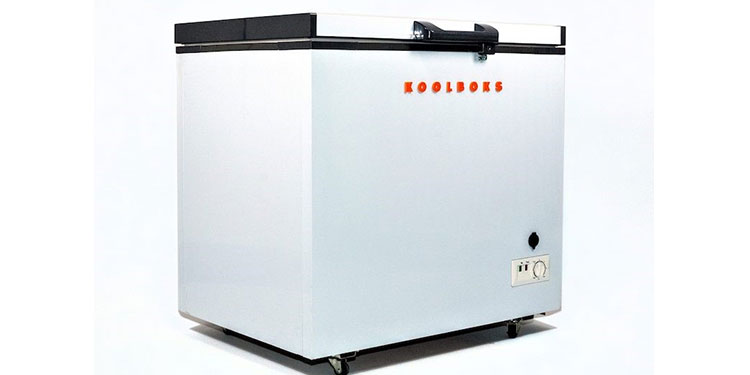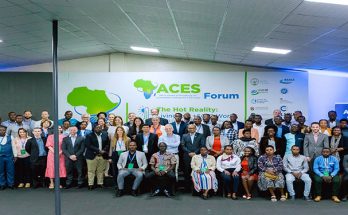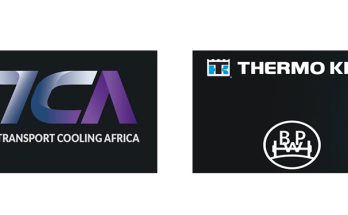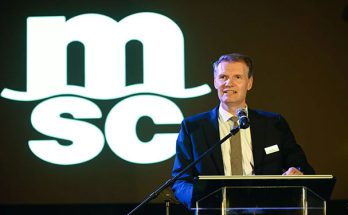
Koolboks Ltd. and Equatorial Power Ltd. have inked the most recent BGFA agreements to expand the availability of solar-powered cooling solutions and create new mini-grids. The two new investees will get results-based financing totalling EUR 3 million from BGFA. Over the course of the next four years of implementation, it is anticipated that the finance will mobilise up to EUR 6.5 million in additional co-financing.
A startup called Koolboks sells off-grid refrigerators and freezers that run on solar electricity. After being founded in 2018, the business first conducted business in Kenya and Nigeria before launching its Ugandan subsidiary in 2023. Its goal in Uganda is to give small and medium-sized businesses like grocery stores and restaurants sustainable off-grid cooling options so they can grow in customer base and output. Koolboks intends to extend its business activities throughout Uganda, including the underserved districts of Ngora and Buyende in the east of the nation, with the financial assistance of BGFA. In the upcoming four years, the goal is to set up and maintain up to 3,300 energy service subscriptions.
“With the funding of the BGFA finance, we will be able to empower small and medium-sized businesses in rural areas by offering environmentally friendly cooling options that will increase revenue and productivity while lowering greenhouse gas emissions and food waste. We are committed to bringing clean energy access to underserved communities across the country with our innovative technology and affordable PAYGO model.” a statement from Ayoola Dominic, co-founder and CEO of Koolboks.
With its built-in ice battery and ability to operate as a refrigerator, the Koolboks freezer offers long-term cooling even in the absence of electricity. The freezers have integrated PAYGO technology along with features like USB ports for charging phones, LED lights for lighting stores and Internet of Things (IoT) technology for temperature and battery level monitoring. Three different sizes of solar panels may be mounted on the freezers.
Equatorial Power, a mini-grid developer, was founded in Uganda in 2017. The company intends to build ten mini-grids on islands in Lake Victoria with 430 kWp of solar PV capacity each, to serve the nearby rural populations, using results-based funding from BGFA. Approximately 3,100 energy service subscriptions are to be established by the project’s completion. The company will supply the villages with off-grid appliances like refrigerators and electric stoves in addition to green power.
On Lolwe Island in Lake Victoria, Equatorial Power has already constructed one 600 kWp mini-grid in Uganda, which has been running since 2020. The business is also implementing the first grid interconnection project in the Mukoko region of Kiwumu. Equatorial Power intends to run the mini-grid independently at first, then integrate it into the larger national grid. Additionally, the firm runs mini-grids in Rwanda and the Democratic Republic of the Congo.
“We are able to reach underserved rural areas and support sustainable economic development as well as gender equality in these communities by supporting these two companies to scale up their businesses and operations in Uganda,” says Nefco’s Tina Moller, a programme manager.
Eight Ugandan enterprises have been contracted so far by the Beyond the Grid Fund for Africa. It has hired 28 businesses from Burkina Faso, the Democratic Republic of the Congo, Liberia, Uganda and Zambia. The existing programme portfolio has the potential to reach nearly 8.6 million individuals in these five nations if it is put into action. Denmark and Sweden sponsor the Ugandan BGFA financing window.



